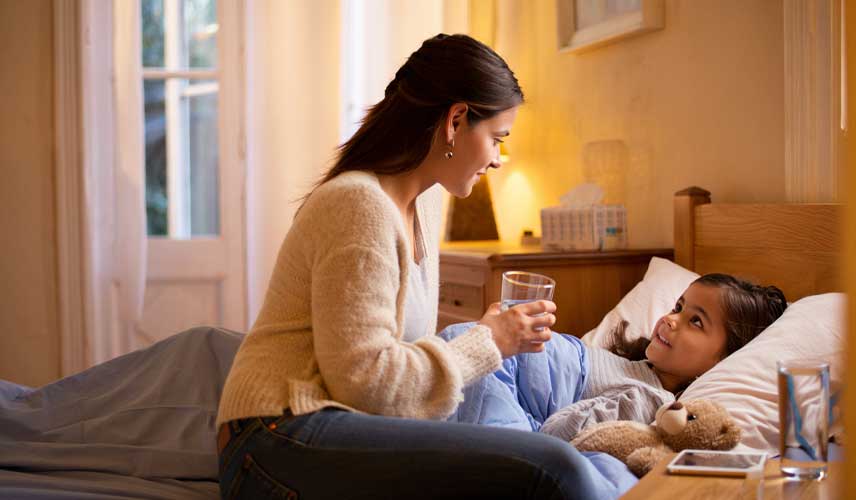
How to Treat a Sick Child?

Some childhood illnesses are short-lived, while others can extend over a long period. Illness is distressing for people of all ages, and some psychological reactions may occur; in children, there can also be an excessive sensitivity and sometimes depression stemming from the restriction of freedom and inability to play. Inexperienced parents sometimes act in panic, which can have a negative effect on the sick child. Insisting on impossible things, being overly fussy, and whining are common behaviors in children who are sick for a long time. If every demand of the child is met to stop these whinings, they may expect the same behavior even after recovery. Therefore, it is important to know how to say 'no' to the unreasonable requests of a sick child.
A child admitted to the hospital may perceive the hospital as a prison rather than a healing place if they have been frightened by things related to being hospitalized, getting injections, or undergoing surgery in their normal life. It is very difficult for children under the age of 4 to get used to the absence of their mother, so if possible, the mother should stay with the child. For older children, family visits should also be facilitated. The sick child will not find some freedoms they have at home here and will become quite bored; it is necessary to look for ways to keep them occupied. You should be open with the child about the procedures to be performed. If you say 'it won't hurt at all' and they feel pain, the child's trust will be damaged; the approach of 'it will hurt but it won't last long, and it will be very beneficial for you' is more accurate.
A long-term health issue for a child or adolescent can turn into a problem that affects not only themselves but also their entire environment. In this regard, patient education is as important as the cooperation between the doctor, family, and patient. During this process, parents may experience shock, acute fear, and anxiety stemming from the fear of losing their child. Parents may exhibit behaviors such as disbelief in the diagnosis, denial, anger, and self-blame. In this situation, it is very important for the treatment team to be aware of the psychological state of the child and the family. If the sick child is to be cared for at home, they should be placed in a sunlit room, the room should be frequently ventilated and cleaned, and the humidity and temperature of the room should be kept under control.
Regardless of the child's illness, their body temperature should be measured twice a day. When giving medication to the child, it is necessary to be calm and gentle. During this time, telling interesting stories unrelated to the illness and medication can make it easier for the child to take their medicine. If an abnormality that seems to stem from the medication is observed in the child, the medication should be stopped and the doctor should be informed.
Child Health and Safety Other Content in the Category

Child Health and Safety
Newborn Care
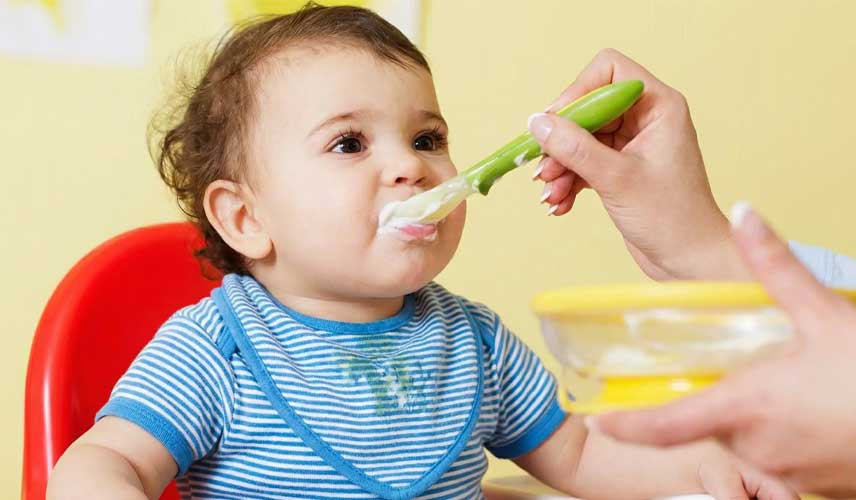
Child Health and Safety
My Baby Refuses to Eat Solid Food
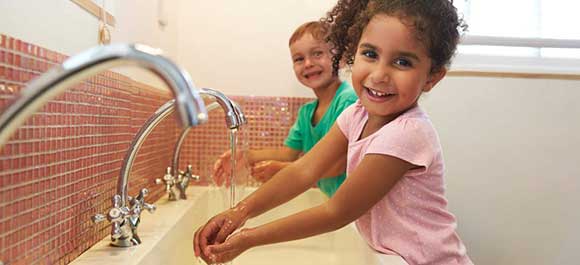
Child Health and Safety
Ways to Protect Children from the Coronavirus
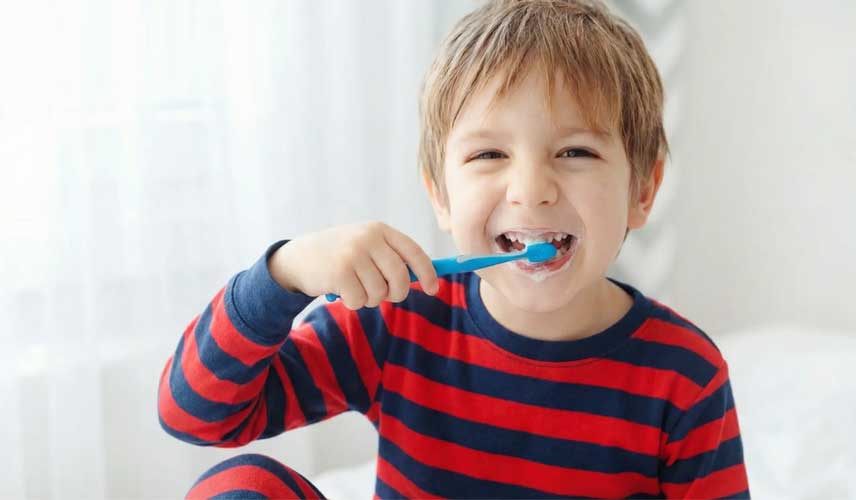
Child Health and Safety
What to Do to Instill Brushing Habits in Children
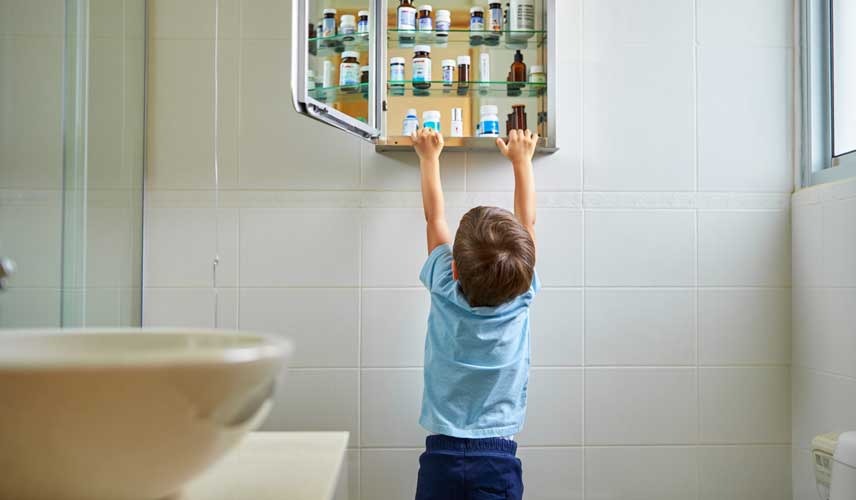
Child Health and Safety
Child Safety: Medications Should Be Stored Out of Reach of Children

Child Health and Safety
10 Effective Tips for Child Health
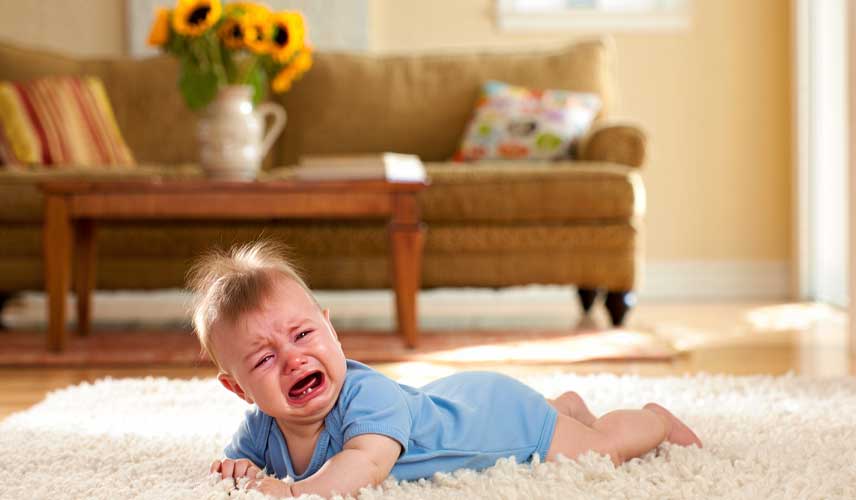
Child Health and Safety
8 Factors That Cause Babies to Cry
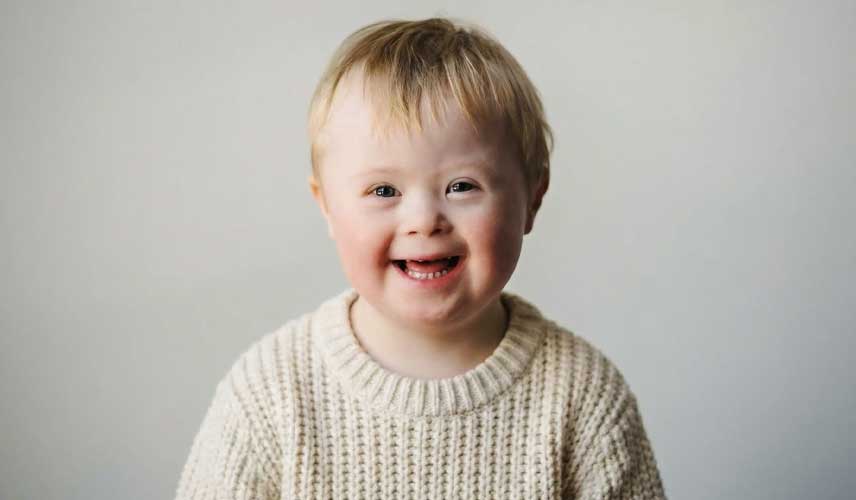
Child Health and Safety
Down Syndrome Diagnosis Methods
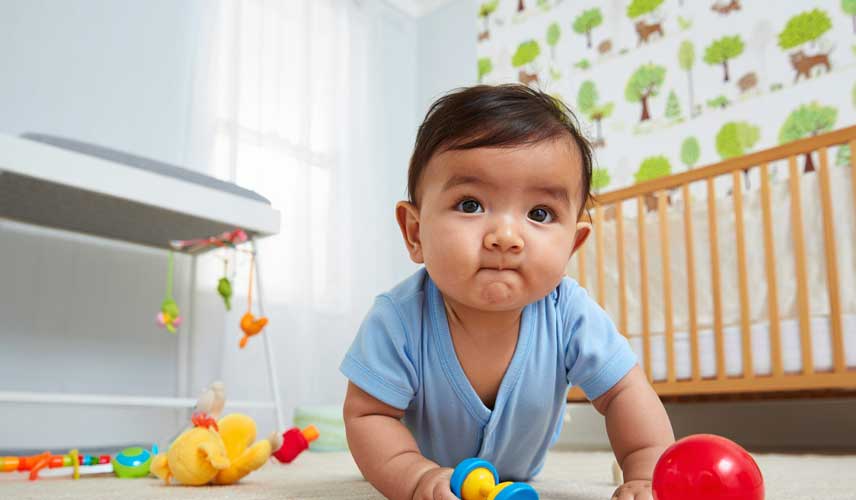
Child Health and Safety
When Do Babies Crawl

Child Health and Safety
Information About Teething Period in Babies
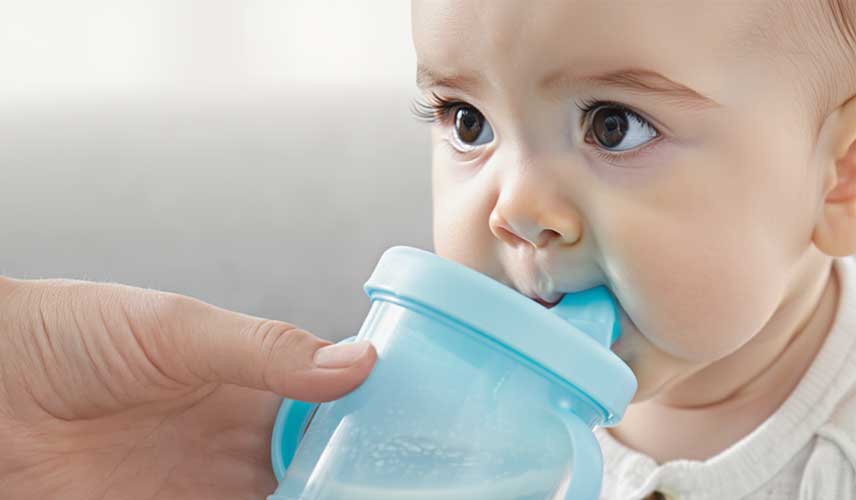
Child Health and Safety
How Much Water Should Babies Drink?

Child Health and Safety
10 Things to Do for a Healthy Pregnancy

Child Health and Safety
10 Ways to Prevent Sugar Consumption in Children

Child Health and Safety
Frequently Asked Questions About Cancer and Chemotherapy
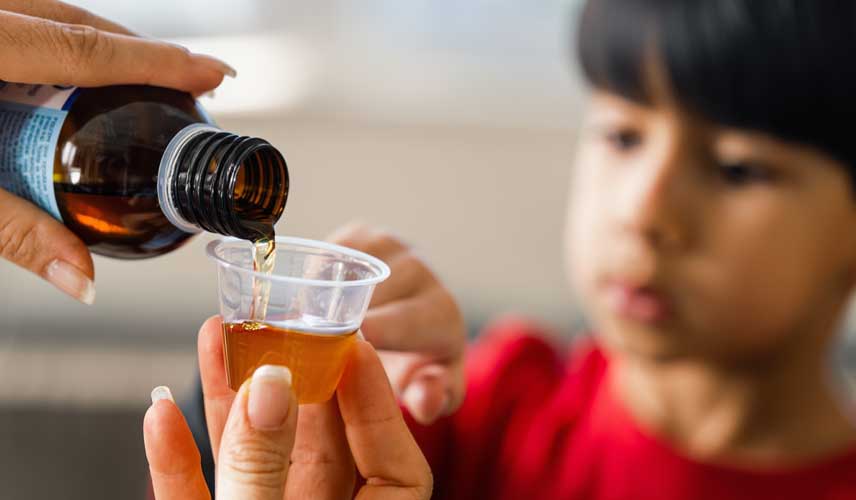
Child Health and Safety
